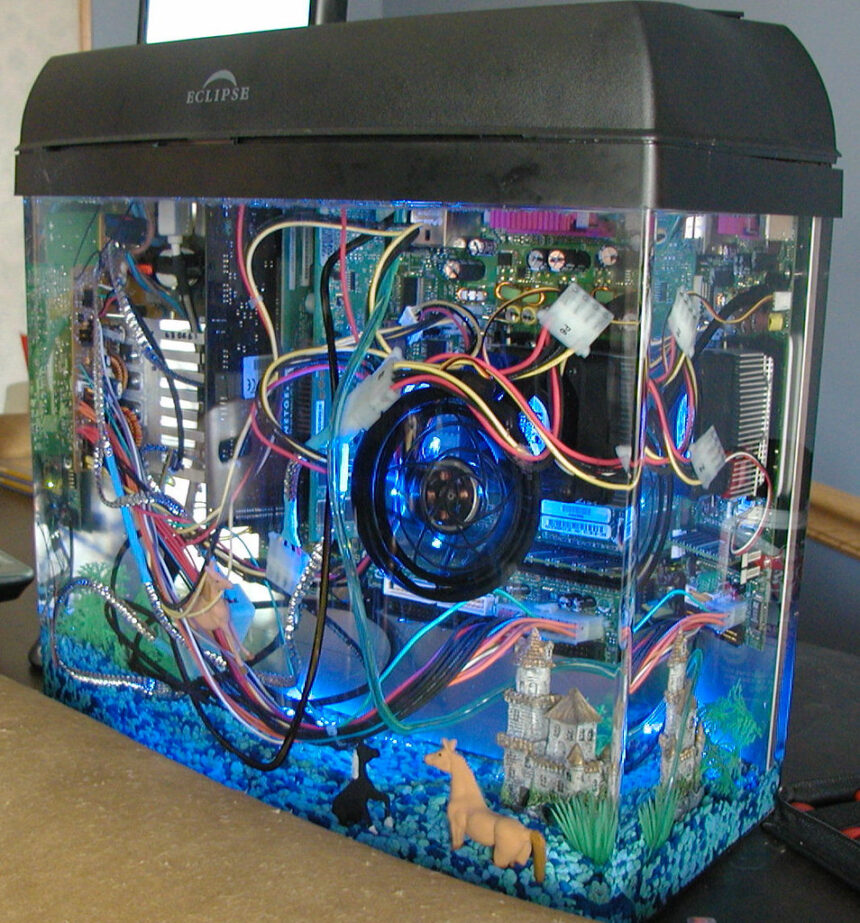PC Gaming – A Guide to Building the Ultimate Games Machine
Introduction
Maximizing PC gaming performance is a never-ending pursuit. With the vast amount of hardware choices available, the search for the perfect balance for price and performance can become an intimidating journey. We’ve created a guide that will walk you through the fundamental steps of building a powerful and reliable PC gaming machine. We’ll cover essential hardware components, explain why they are necessary, and provide recommendations on what to buy.
Choosing a Case
The case is the housing for your computer components. It’s important to choose a stylish case that is also big enough to house your components. It’s a good idea to look for cases that feature plenty of cooling fan slots and easy cable routing for better airflow in your case. When shopping for a case, you should also consider the style and the overall budget for your gaming machine.
Motherboard
The motherboard (also known as the mainboard) is the central part of your system and the major hub for other components. It acts as the link between your processor, RAM, storage, and other components on your system. Motherboards come in different sizes and levels of performance. When selecting the right motherboard for your gaming machine, you should consider factors like the processor type, the number of memory slots, and the features/ports it offers (e.g., USB, graphics ports, etc.).
Processor
The processor (or CPU) is the brain of your computer. It handles all the major calculations needed to get your system functioning. When selecting a processor, you’ll want to consider the number of cores, clock speed, and the type of socket it fits into. Higher clock speeds and more cores typically result in better performance, so choose wisely!
Memory (RAM)
Random access memory (RAM) is important for any gaming machine. It holds and processes the information necessary for your games and other applications to run. When selecting RAM, it’s important to consider the type of RAM used (e.g., DDR3/4), the speed (measured in MHz), and the amount of RAM you’ll need (usually 16GB or more for gaming machines).
Storage
Storage is essential for any PC. It’s used to store your operating system, applications, and other data. Solid-state drives (SSD) provide much faster read/write speeds than traditional hard disk drives (HDD) for faster loading and saving times in your games. However, SSDs are much more expensive compared to HDDs, so it’s a good idea to pick a combination of both for the best performance and value.
Graphics Card
The graphics card (also known as the GPU) is the most important component for any gaming rig. It’s responsible for rendering game graphics in real-time. Finding the right graphics card for your machine largely depends on your budget and the type of games you want to play. Choose a powerful card that’s within your budget and consider the memory size on the card for higher performance.
Conclusion
Building the ultimate games machine requires knowledge and patience. There are many components to consider and different factors to weigh when selecting the right hardware for your budget and needs. Hopefully, the guide above provided you with a good understanding of the necessary components and factors to consider.


